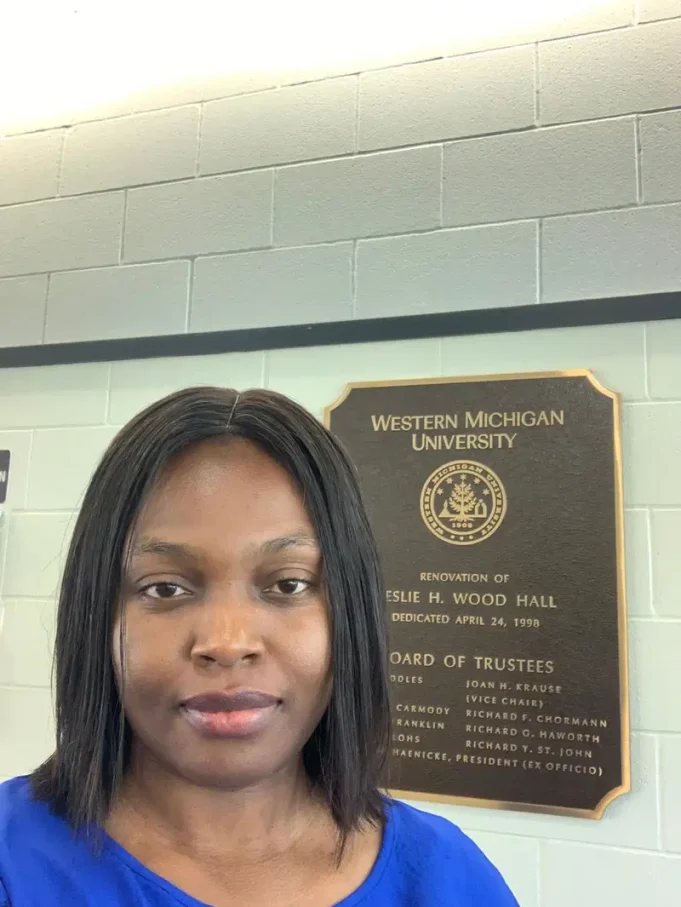At Western Michigan University, Nigerian researcher Dr. Ijeoma Jacinta Nwokolo is pioneering an ambitious effort to revolutionize how biological sciences are taught in American classrooms.
Her goal: to make every biology student fluent in artificial intelligence (AI) and data literacy—skills increasingly vital in today’s science and technology-driven world.
Dr. Nwokolo’s research integrates AI-powered dashboards, custom R software packages, biology-focused chatbots, and tailored curricula for students and educators.
These innovations aim to make data analysis and scientific interpretation accessible, even to those without programming experience.
To ground her work in evidence, she is conducting a systematic review and meta-analysis of global research on AI and data literacy in biological science education.
Her work directly aligns with the U.S. National AI Initiative Act of 2020, which calls for expanding computational and AI skills across sectors.
With U.S. reports warning of a widening shortage of STEM professionals, Dr. Nwokolo’s focus on retention and literacy in science disciplines offers a timely solution.
Before joining Western Michigan University, she spent nearly a decade at Nigeria’s Joint Professionals Training and Support Institute, where she helped modernize biology curricula to meet global workforce standards.
She later earned a Master’s degree in Data Science and Artificial Intelligence from Edge Hill University, United Kingdom, developing machine learning models and predictive dashboards to identify at-risk students—an early indication of her drive to merge technology with education.
At WMU, Dr. Nwokolo is currently helping revise the BIO 110 laboratory manual, developing modules on ecology and symbiosis, while collaborating with Dr. Luke Kinsey on the Science Literacy Project.
Her work has earned her the College of Arts and Sciences Summer Research Award and an invitation to the prestigious MOVE Fellowship, a U.S. program that trains scholars to build and validate AI models.
Beyond academia, her research carries strong economic implications.
The World Economic Forum’s Future of Jobs Report 2025 projects millions of new jobs in AI-related industries.
By equipping students with digital skills while improving science retention, Dr. Nwokolo’s work contributes to preparing a future-ready workforce.
Quietly but powerfully, Nigerians like Dr. Ijeoma Nwokolo are leaving their mark on global education—advancing innovation, research, and inclusion through the transformative power of AI.









